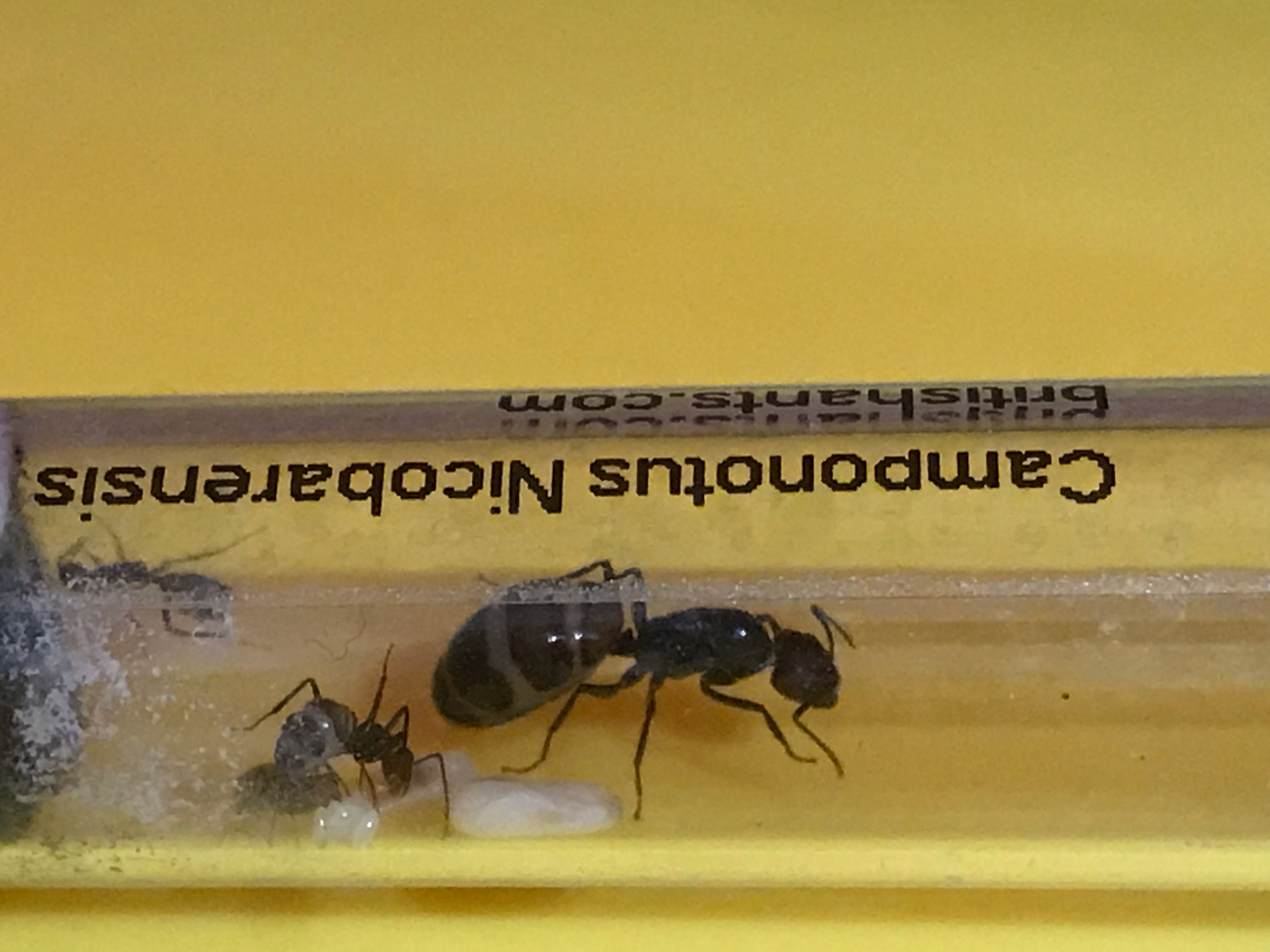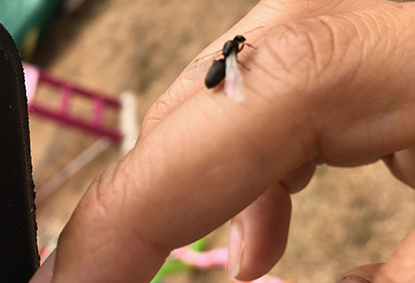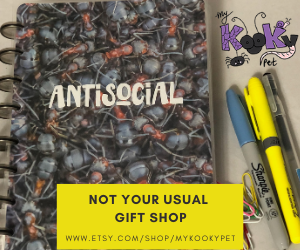
While many ant keepers happily keep both exotic and native ant species, there are many who also believe that keeping to the species you would find naturally in your region is the more ecologically responsible way to keep ants. In countries like the US, there are even laws to back up this approach, with bans even on taking ants across state boundaries.

Keeping exotics
It’s only natural, as ant enthusiasts, to be interested in different species of ants, and the more exotic and rare they are, the more they may appeal to some keepers. For those of us in regions where ants go into diapause over the cooler months, there is little to do and little to see in native colonies, so having an exotic colony or two can give us a little ant fix over the winter months.
As these species generally come from warmer climates, they will often need a little extra warmth during cooler weather. Learning to care for these different species with their different needs helps in developing a keeper’s own skills and experience, especially with some of the more difficult-to-keep species. This means that you may have to invest in equipment like heating mats and thermometers to keep these colonies comfortable. Exotic species are also generally more expensive to purchase than native species,, although this obviously depends on the size of the colony, how common the species is, and how popular they are.
In addition to any legal considerations there may be in your local region, ant keepers with exotic colonies in their collections also have a responsibility to ensure that these colonies do not escape to potentially impact the local environment. As demonstrated by such invasive species as Argentine ants (Linepithema humile) and red imported fire ants (Solenopsis invicta), the potential consequences of exotic species escaping and becoming entrenched in non-native regions can be dire, resulting in significant damage to local wildlife, property, and more. This can be as a result of physical destruction, competition with native species or through disease.

Keeping natives
There are many pros to keeping native species of ants. Not only are they already adapted to your local conditions, which means that you won’t need to bother with any heating mats, thermometers or any particular monitoring equipment, so there will be more money available to spend on ant real estate! If you time it right, you can also catch your own queens during nuptial flight seasons, meaning you can get into the hobby or add to your existing collection with minimal investment.
Choosing to keep natives also means that you don’t need to worry about the ecological consequences of any escapees, although this does only relate to those caught within your region. If you have purchased native species from an ant dealer, please do bear in mind that some of these may still be imported from other countries that also have these species natively and thus the threat of disease crossover if they come into contact with the external environment is still relevant. Remember, the source of your ants colonies matters!
Legally, there are some laws in certain countries that govern keeping or catching certain protected species. Catching some Formica species (for example, F. rufa) is illegal in certain parts of Europe, so it’s a good idea to check on your local laws before getting your test tubes out.
Summary
So there you have it, some of the main considerations when deciding on whether to keep natives or exotics include cost, ease of care, legality, and ecological concerns. Many ant keepers happily keep both natives and exotics. It’s a great way to enjoy the benefits of both worlds and learn more about different species of ants that originate from different parts of the world. Seeing some of the amazing adaptations that ant species from around the world have developed is a great learning experience. However, it’s important to make sure you’re aware of the laws surrounding the import of ants if you are considering keeping non-native species and, whether you are buying natives or exotics, always buy from a reputable dealer!

